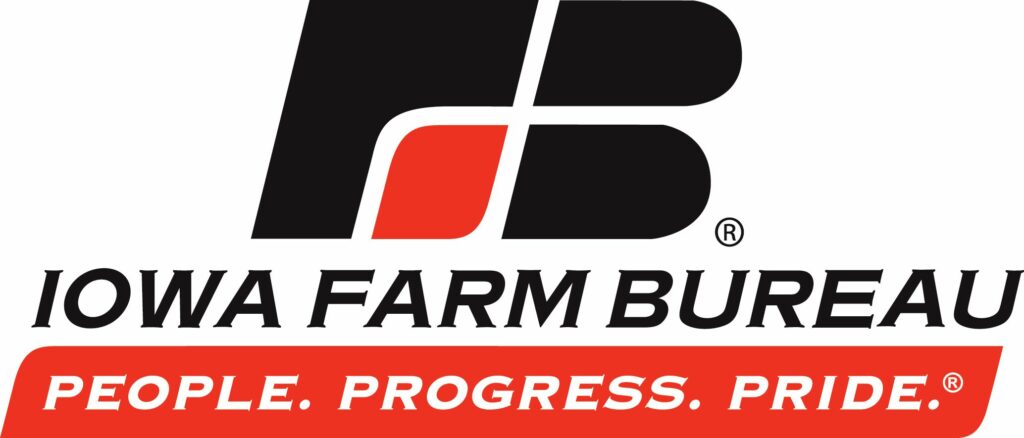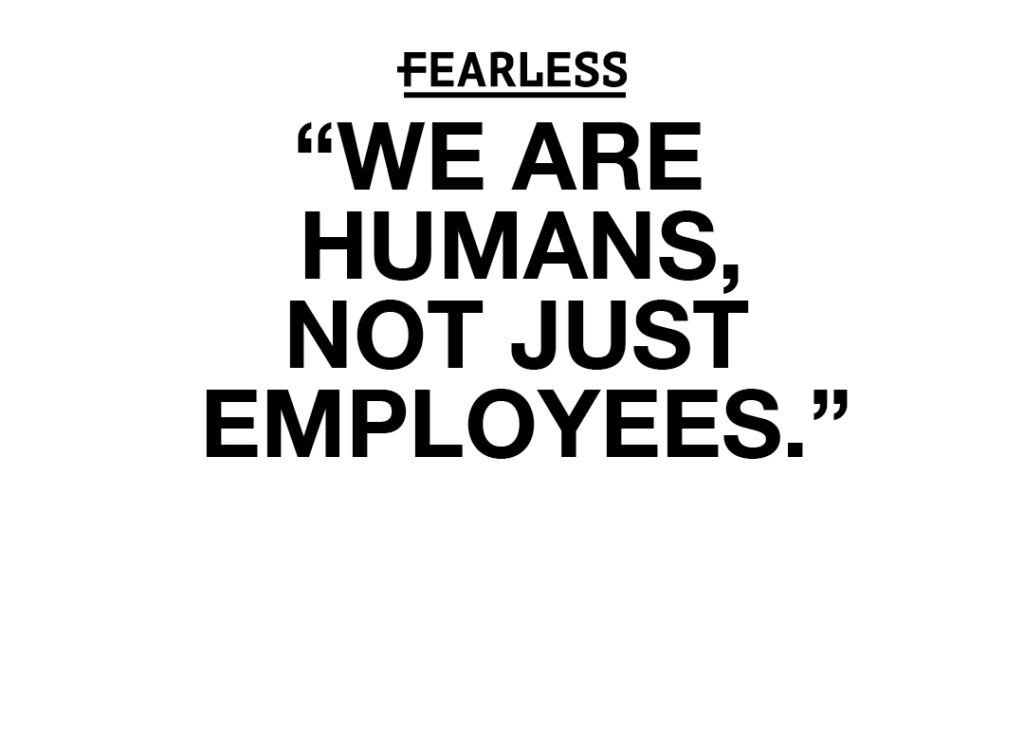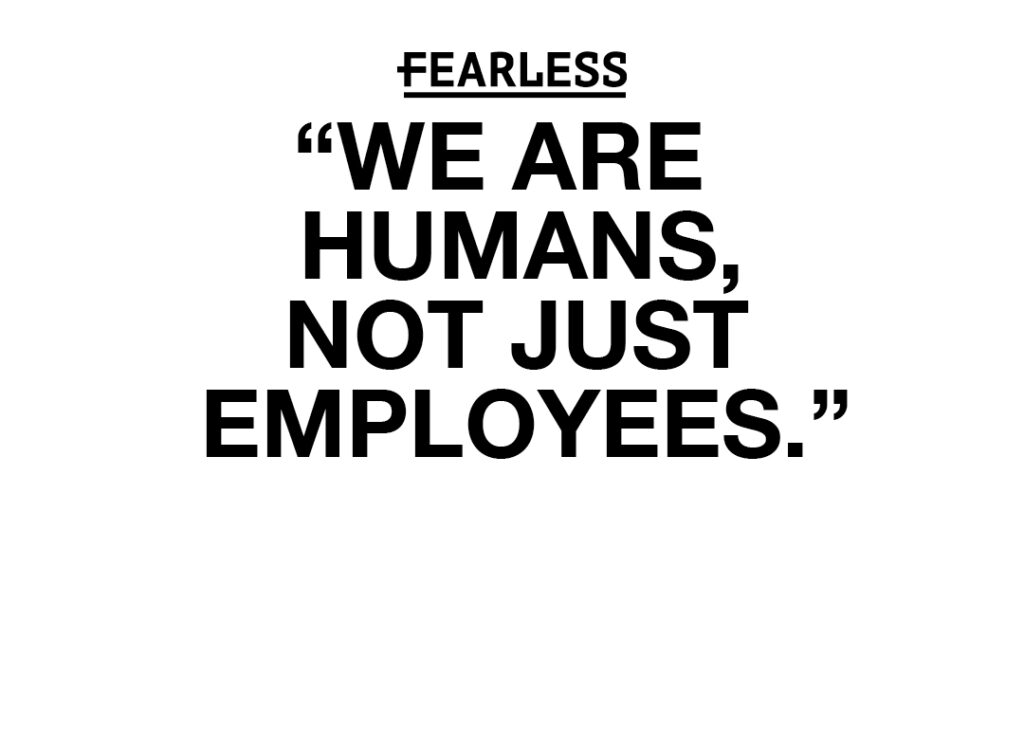Global Insurance Accelerator: CityMile
Jason and Georgia Sprenger - Rio de Janeiro, Brazil

IN A NUTSHELL:
CityMile seeks to use mobile technology solutions to bridge the gap between humans, their vehicles and their insurers, saving drivers money and improving safety.
ABOUT THE BUSINESS:
Jason and Georgia Sprenger were living and working in Rio de Janeiro, Brazil, when they spotted information about the new Global Insurance Accelerator in a directory of startup accelerator programs.
The couple had just moved to Brazil in November from New York City, where Georgia ran her own pet-sitting and dog-walking business and Jason worked on Wall Street for a major European bank.
“It was always a dream of mine to learn another language and to start a business,” he said. “I was lucky enough to have a wife from Brazil, so we picked up and went there.”
With the sky-high cost of owning an automobile in Brazil, the concept for CityMile quickly jelled. Their technology services company seeks to bridge the gap between drivers, their vehicles and insurers by capitalizing on the emerging trend of usage-based auto insurance.
Currently, a limited number of insurers are collecting driver usage data from their customers using devices that plug into the vehicle’s data port. However, consumers are getting little for their data other than the possibility of a premium discount.
“We want to incorporate some customer-centric features,” Jason Sprenger said. “Right now with the big-name insurers, it’s a one-way street in terms of data. There’s no feedback and no transparency – we’re trying to change that. We think that as the market continues and starts to get closer to saturation, you’re going to have clients start demanding a little bit more for their data.”
Their target market would be small to medium-sized property/casualty insurers who see the benefit of offering a value-added product to their customers.
Features that CityMile could provide may include trip tracking, fuel efficiency and mileage statistics – all elements that could help drivers lower the cost of using their vehicles, he said.
“That was of big importance for us when we were developing the technology in Brazil, and we think it’s going to resonate with a lot with clients here in the United States as well.”
The product will also resonate with insurance companies, the Sprengers believe, because usage-based insurance has the potential to positively influence driver behavior and thus lower claims expenses.
“I think that’s huge for insurance companies right now and they’re starting to understand that,” Jason Sprenger said. “We’re working on another feature for this app right now that’s actually going to build in a driving score.”
Despite having no previous experience in the insurance industry, the Sprengers see their startup’s acceptance into the accelerator as validation in itself that they have a marketable concept that’s going to grab some attention.
“Having all these mentors here in insurance – as well as all kinds of expertise and backgrounds – will really help us to catapult the business in a positive direction,” Georgia said.
“We’re constantly redefining our business plan every day,” Jason said. “It’s been nothing but a great learning experience. We’ve had a lot of positive feedback that this is something that’s relevant in the industry right now.”









